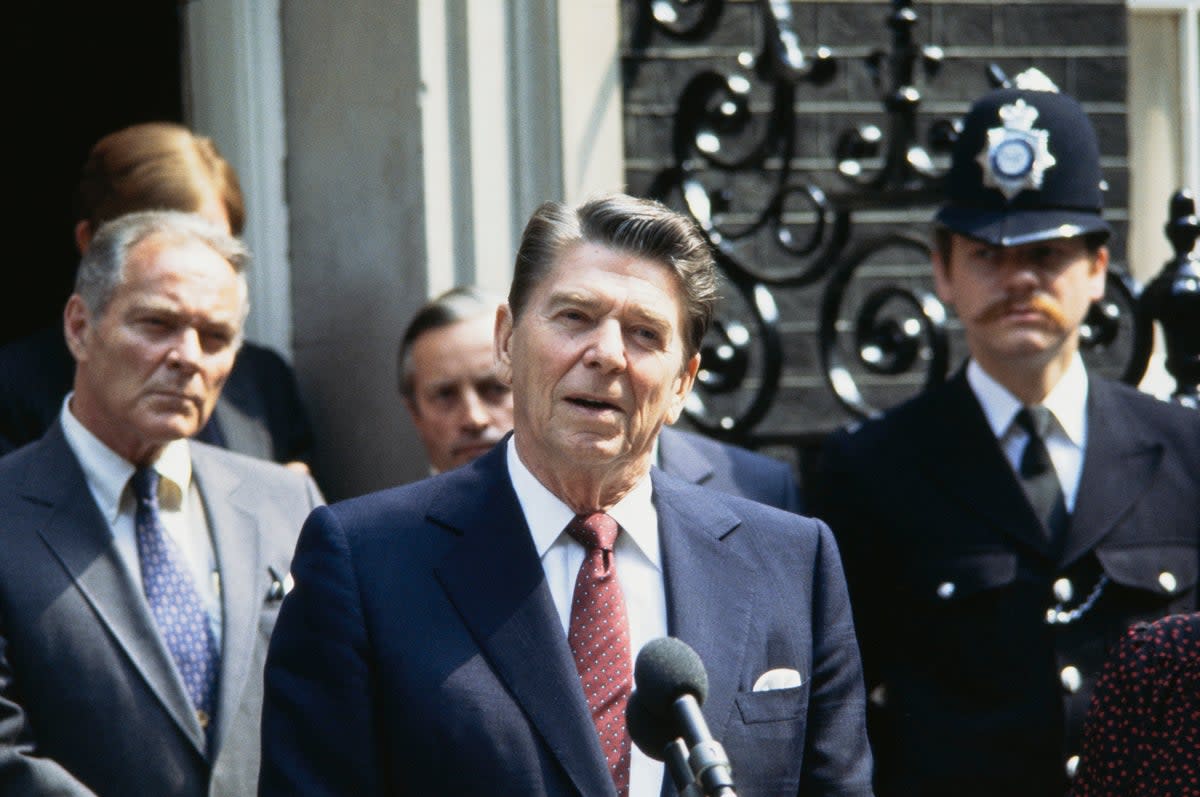Voices: The Top 10: Political lives that ended in success

“All political lives, unless they are cut off in midstream at a happy juncture, end in failure, because that is the nature of politics and of human affairs.” Enoch Powell, in his life of Joseph Chamberlain, published in 1977. Elliot Kane suggested I should compile a list of cases that confound the dictum.
1. Caesar Augustus. His career spanned nearly six decades, from 44BC. He was princeps from 27BC to his death as first emperor of Rome AD14, aged 75. Nominated by Graham Kirby. “Possibly the greatest politician of all time,” said Simon Cook.
2. Vespasian, AD69-79. “He took over Rome in total meltdown, brought order and stability, started the building of the Colosseum, and died naturally,” said Tim Carrington.
3. The Five Good Emperors: Nerva, Trajan, Hadrian, Antoninus Pius and Marcus Aurelius, AD96-180. All praised for their stewardship of the empire and managed unusually to die of natural causes. Edward Gibbon called it “that period in the history of the world during which the condition of the human race was most happy and prosperous”.
4. Peter the Great, Tsar and Emperor of Russia, 1682-1725. Three hundred years later, Russia’s current ruler can think of no higher ambition than to be like him, said Andy McSmith.
5. Pitt the Younger. Youngest prime minister at age 24, serving 18 years with a three-year gap. Died in office in 1806 at the age of 46, which was the natural lifespan for a heavy port drinker. Nominated by Tim Carrington.
6. Henry Fox Talbot. He was elected to parliament to support the Reform Bill, 1832, and when it was passed resigned his seat in 1835. “He was thus one of very few politicians who achieved exactly what he set out to do,” said Martin Bacon. And he went on to experiment with and improve photography.
7. Lord Salisbury. Retired undefeated in 1902. Prime minister for almost 14 years, outdoing Gladstone. Nominated by Robert Eichel and Ian Jones.
8. David Ben-Gurion. Founder and first prime minister of Israel, 1948-54; prime minister again 1955-63; retired to kibbutz Sde Boker (where I worked four years after his death in 1973). Nominated by Nick Clayton.
9. Ronald Reagan. US president 1980-88. It’s easier for this to happen in systems that have term limits, said Richard Emmins, who nominated Barack Obama, but I think Reagan, nominated by Paul T Horgan and Jpmg36, edges it among presidents.
10. Paddy Ashdown. Took over the Liberal Democrats at the low point of merger with the SDP, starting with 22 seats and ending in 1999 with 46, providing the platform on which Nick Clegg could go into coalition 11 years later. Thanks to Andy Measor.
To keep up to speed with all the latest opinions and comment, sign up to our free weekly Voices Dispatches newsletter by clicking here
Assorted self-disqualifying nominations included Sir Edward Grey, who “worked tirelessly to avert a global war” as foreign secretary 1905-16; Calvin Coolidge, US president 1923-29, who “gets some retrospective blame for the Depression”; and Nelson Mandela, leader of the ANC, whose record as first president of democratic South Africa 1994-99 was mixed.
Next week: Most underrated children’s books.
Coming soon: Films (excluding silent movies) in which a major character is on screen but never speaks a word.
Your suggestions please, and ideas for future Top 10s, to me on Twitter, or by email to top10@independent.co.uk

